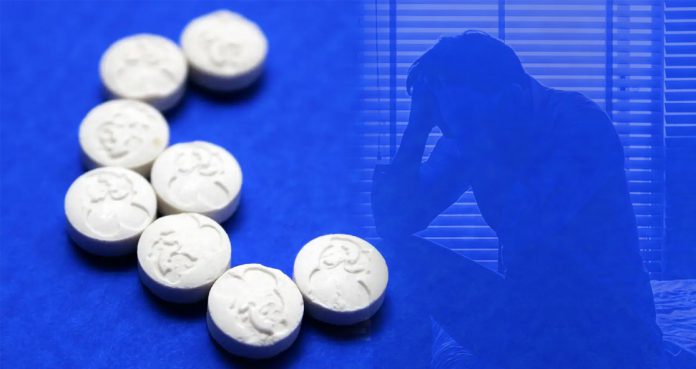Researchers from Stanford University, California, and the Albert Einstein College of Medicine, New York, have presented a study in the journal Science Translational Medicine, in which they have given some details about how methylenedioxymethamphetamine (MDMA), aka ecstasy, causes someone to become more sociable.
The study, conducted in mice, also tried to find out which doses of MDMA could help treat mental health issues.
In the United States, MDMA is used illegally for recreational purposes. It belongs to the Schedule I drug, making it illegal to use. It is not accepted for medicinal use because it has a high potential for abuse; however, some researchers believe otherwise. They believe MDMA could be an important tool in aiding mental health therapy.
The new study explained that MDMA has some positive effects on sociability.
Senior study author Dr. Robert Malenka said, “We’ve figured out how MDMA promotes social interaction and showed that [this is] distinct from how it generates abuse potential among its users.”
The researchers looked to the brain circuit called the “reward” circuit, which underlies addiction.
“The brain’s reward circuitry tells us something is good for our survival and propagation. It evolved to tell us food is good when we’re hungry, water is good when we’re thirsty, and warmth is good when we’re cold. For most of us, hanging out with friends is fun because, over the course of our evolution, it’s promoted our survival,” explained Dr. Malenka.
However, he added, “The same circuit can end up reinforcing that something unhealthy is highly desirable. When we take an addictive drug, the substance stimulates brain cells to release the ‘happy hormone’ dopamine.”
Dr. Malenka noted, “Drugs of abuse trick our brains by causing an unnatural dopamine surge in the nucleus accumbens. This massive increase is much higher and more rapid than the one you get from eating ice cream or having sex.”
The authors explained that the “prosocial” effects of MDMA are most likely due to the serotonin release. Serotonin is a brain chemical that regulates a variety of bodily functions, such as mood, sexual desire, sleep, and social behavior. And ecstasy is known to stimulate nerve cells to release serotonin.
The study found that a very low dose of MDMA in mice showed no improvement in sociability. However, the mice became more sociable after increasing the dose.
Dr. Malenka explained, “You can’t ask mice how they’re feeling about other mice, but you can infer it from their behavior.”
The mice that received 7.5 mg/kg of MDMA would remain interested and engaged in the fellow rodent for at least 30 minutes. Lead study author Dr. Boris Heifets said, “Giving MDMA to both mice enhanced the effect even further. It makes you wonder if maybe [in a human therapy context] the therapist should also be taking MDMA.”























